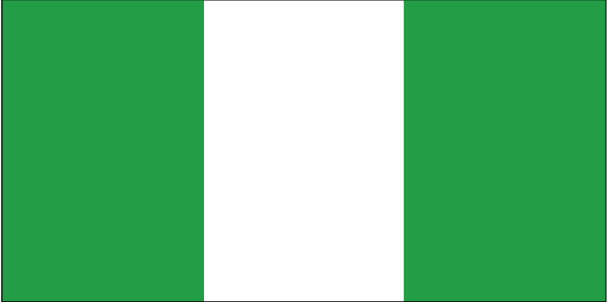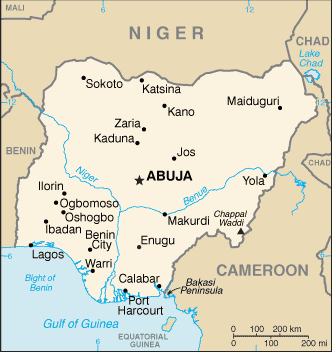Investing in Nigeria


Oil-rich Nigeria has been hobbled by political instability, corruption, inadequate infrastructure, and poor macroeconomic management but in 2008 began pursuing economic reforms. Nigeria's former military rulers failed to diversify the economy away from its overdependence on the capital-intensive oil sector, which provides 95% of foreign exchange earnings and about 80% of budgetary revenues. Following the signing of an IMF stand-by agreement in August 2000, Nigeria received a debt-restructuring deal from the Paris Club and a $1 billion credit from the IMF, both contingent on economic reforms. Nigeria pulled out of its IMF program in April 2002, after failing to meet spending and exchange rate targets, making it ineligible for additional debt forgiveness from the Paris Club. In November 2005, Abuja won Paris Club approval for a debt-relief deal that eliminated $18 billion of debt in exchange for $12 billion in payments - a total package worth $30 billion of Nigeria's total $37 billion external debt. Since 2008 the government has begun to show the political will to implement the market-oriented reforms urged by the IMF, such as modernizing the banking system, curbing inflation by blocking excessive wage demands, and resolving regional disputes over the distribution of earnings from the oil industry. GDP rose strongly in 2007-10 because of increased oil exports and high global crude prices in 2010. President JONATHAN has pledged to continue the economic reforms of his predecessor with emphasis on infrastructure improvements. Infrastructure is the main impediment to growth and in August 2010 JONATHAN unveiled a power sector blueprint that includes privatization of the state-run electricity generation and distribution facilities. The government also is working toward developing stronger public-private partnerships for roads. Nigeria's financial sector was hurt by the global financial and economic crises and the Central Bank governor has taken measures to strengthen that sector.
Barclays Nigeria - http://www.barclays.com/africa/nigeria/index.html
Central Bank of Nigeria - http://www.cenbank.org/
Chevron Nigeria - http://www.chevron.com/countries/nigeria/
First Bank of Nigeria - http://www.firstbanknigeria.com/
IBTC Chartered Bank - http://www.ibtc.com/
Nigerian Railway Corporation - http://www.nrc-ng.org/
Oceanic Bank Interational - http://www.oceanicbanknigeria.com/
TOTAL Nigeria - http://www.total.com.ng/
Union Bank of Nigeria - http://www.unionbankng.com/
United Bank for Africa - http://www.ubagroup.com/
Zenith Bank - http://www.zenithbank.com/
Nigeria News
Daily Champion (Lagos) - http://www.champion-newspapers.com/
Daily Trust (Abuja) - http://www.dailytrust.com/
Leadership (Abuja) - http://www.leadershipnigeria.com
This Day (Lagos) - http://www.thisdayonline.com/
Vanguard (Lagos) - http://www.vanguardngr.com/
Weekly Trust (Abuja) - http://www.dailytrust.com/weekly/home.htm
Countries that border Nigeria: Benin | Niger | Chad | Cameroon
Learn more:
Back to Country Investing



